Suan Dusit University’s Journey Toward Carbon Neutrality: A Commitment to Achieving SDG 13 by 2030
Climate Change poses an urgent global challenge that requires immediate and collective action. Under the framework of the Sustainable Development Goals (SDGs), Goal 13: Climate Action emphasizes the need for proactive measures to combat climate change and its impacts. Suan Dusit University has demonstrated a strong commitment to being part of the solution by setting institutional greenhouse gas (GHG) reduction targets aimed at achieving Carbon Neutrality.
Core Mission: Toward Carbon Neutrality by 2039 Suan Dusit University is firmly committed to achieving carbon neutrality by 2039 (B.E. 2582). This goal aligns with the Paris Agreement’s ambition to limit global temperature rise to no more than 1.5°C, reinforcing the University’s role as a model for environmental responsibility within Thailand’s higher education sector.
Key Actions Toward Achieving Carbon Neutrality (Commitment in Action)
To advance its vision of becoming a low-carbon society, Suan Dusit University drives its operations through a comprehensive framework that addresses greenhouse gas (GHG) management across 4 core areas, as follows:
1. Management and Knowledge Development
• Promote collaboration in GHG management.
• Develop the university’s Carbon Footprint of Organization (CFO) to analyze and effectively manage GHG emissions.
• Establish a systematic database for recording GHG emissions and removals.
• Disseminate knowledge and build GHG management networks with surrounding communities.
2. Direct Emission Reduction (Scope 1)
This measure focuses on activities directly within the university, such as:
• Enhancing energy and resource efficiency.
• Reducing fossil fuel consumption.
• Regularly inspecting and maintaining building cooling systems.
• Encouraging collective commuting using university-owned vehicles.
3. Indirect Emission Reduction (Scope 2) and Other Indirect greenhouse gas emissions (Scope 3)
The university emphasizes managing indirect energy and resource use through the following actions:
• Increasing the share of renewable energy utilization.
• Promoting the use of eco-friendly products.
• Encouraging Green Events and Green Procurement.
• Reducing paper consumption in meetings and conferences.
• Implementing efficient waste management and reducing waste sent to landfills.
• Managing water and wastewater systems efficiently and increasing recycled water usage.
4. Greenhouse Gas Removal
Beyond emission reduction, the university is committed to enhancing carbon sequestration through:
• Expanding green spaces to cover at least 5% of total building areas.
• Promoting the cultivation of native plant species within university grounds.
With its strong commitment and comprehensive measures, Suan Dusit University continues to make steady progress toward achieving carbon neutrality by 2039, demonstrating tangible environmental responsibility and alignment with SDG 13 (Climate Action). The university does not define itself merely as an educational institution but as a “social laboratory” driven by the vision “Small but Smart” and the long-term aspiration to become a Green & Clean University. Over the years, Suan Dusit University has continuously cultivated a culture of sustainability, aiming to contribute meaningfully to global climate action efforts.
In Fiscal Year 2024, the university took a significant step forward by launching the “Greenhouse Gas Mitigation Mechanism Development Project within Suan Dusit University (FY 2024)”, a strategic initiative that lays the foundation for achieving carbon neutrality in alignment with Thailand’s national target for 2050. This project establishes a scientific and measurable framework for progress toward a Low Carbon Society, grounded in internationally recognized standards and methodologies. The initiative emphasizes systematic measurement anchored in the belief that “what can be measured, can be managed.” Accordingly, the university has developed a comprehensive greenhouse gas accounting framework covering Scopes 1–3, ensuring accurate baseline data to guide future reduction targets in compliance with the Thailand Greenhouse Gas Management Organization (TGO) standards. This effort also prepares the university for Carbon Footprint for Organization (CFO) certification, reflecting its transparency and strong environmental governance capacity. Additionally, the university organized carbon and greenhouse gas management workshops aimed at enhancing knowledge and practical skills across various levels individuals, departments, and the broader community. These workshops, attended by over 120 participants, including students, faculty, staff, and La-orutis Demonstration School students, focused on topics such as energy and water conservation, waste and wastewater management, and tree planting. Participants were encouraged to adopt more sustainable personal habits, reinforcing awareness of how greenhouse gas emissions directly impact the environment. Through these strategic actions, Suan Dusit University continues to position itself as a pioneering model of sustainability in higher education, turning global climate ambitions into measurable, local impact.
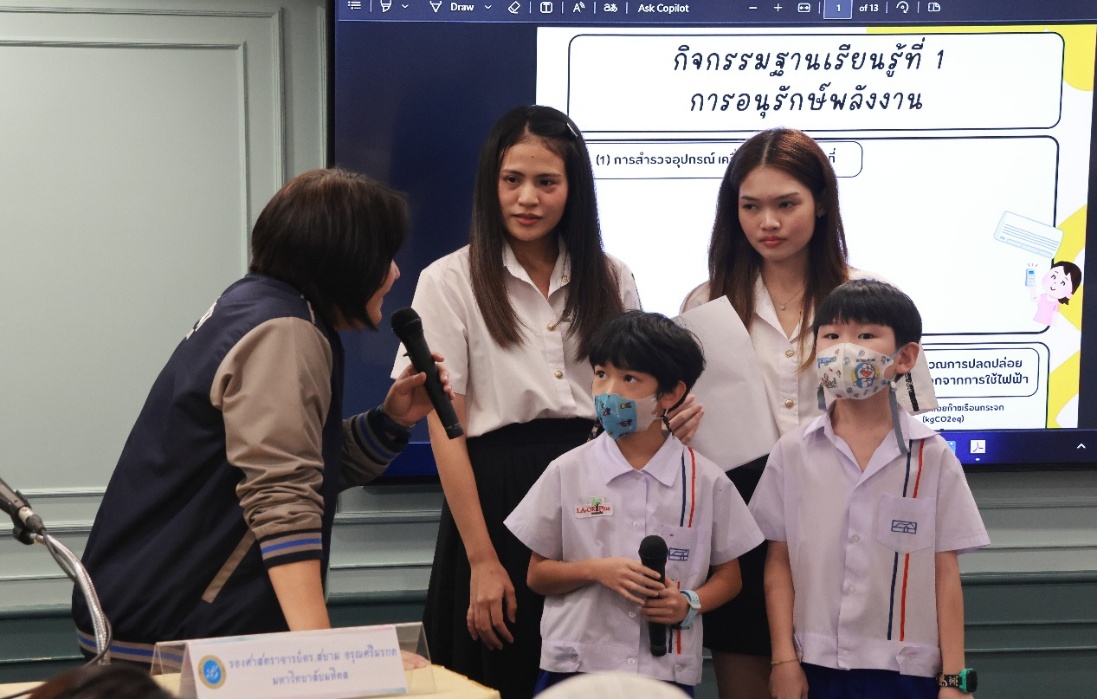
Furthermore, Suan Dusit University has continued to advance sustainability through collaboration under the Low Emission Support Scheme (LESS), emphasizing resource efficiency and the use of clean energy. The initiative not only focuses on reducing greenhouse gas emissions but also integrates broader sustainability efforts aligned with SDG 12 (Responsible Consumption and Production) by promoting responsible management practices across the institution. Through the LESS program, the university supported and empowered 35 model departments to implement waste management and recycling initiatives, totaling 35 activities, which successfully achieved a reduction of 58.776 tCO₂e. In addition, the university carried out one forestry and green area project, titled “Carbon Sequestration by Trees” which absorbed 87.346 tCO₂e of carbon dioxide. Suan Dusit University also conducted a carbon footprint assessment of the 3rd Executive Committee Meeting (FY 2024) and developed systems that promote efficient resource utilization and recycling. Key examples include the Plastic Bank Project, the Green University “Ting Turn Hai Lok Jum – Upvel 2” initiative, and the E-waste Green Network Project, which together enhance the efficiency of the product life cycle management system and reinforce the university’s commitment to sustainable operations. These initiatives reflect Suan Dusit University’s holistic approach to sustainability integrating environmental stewardship, responsible consumption, and climate action into every dimension of its academic and operational framework.

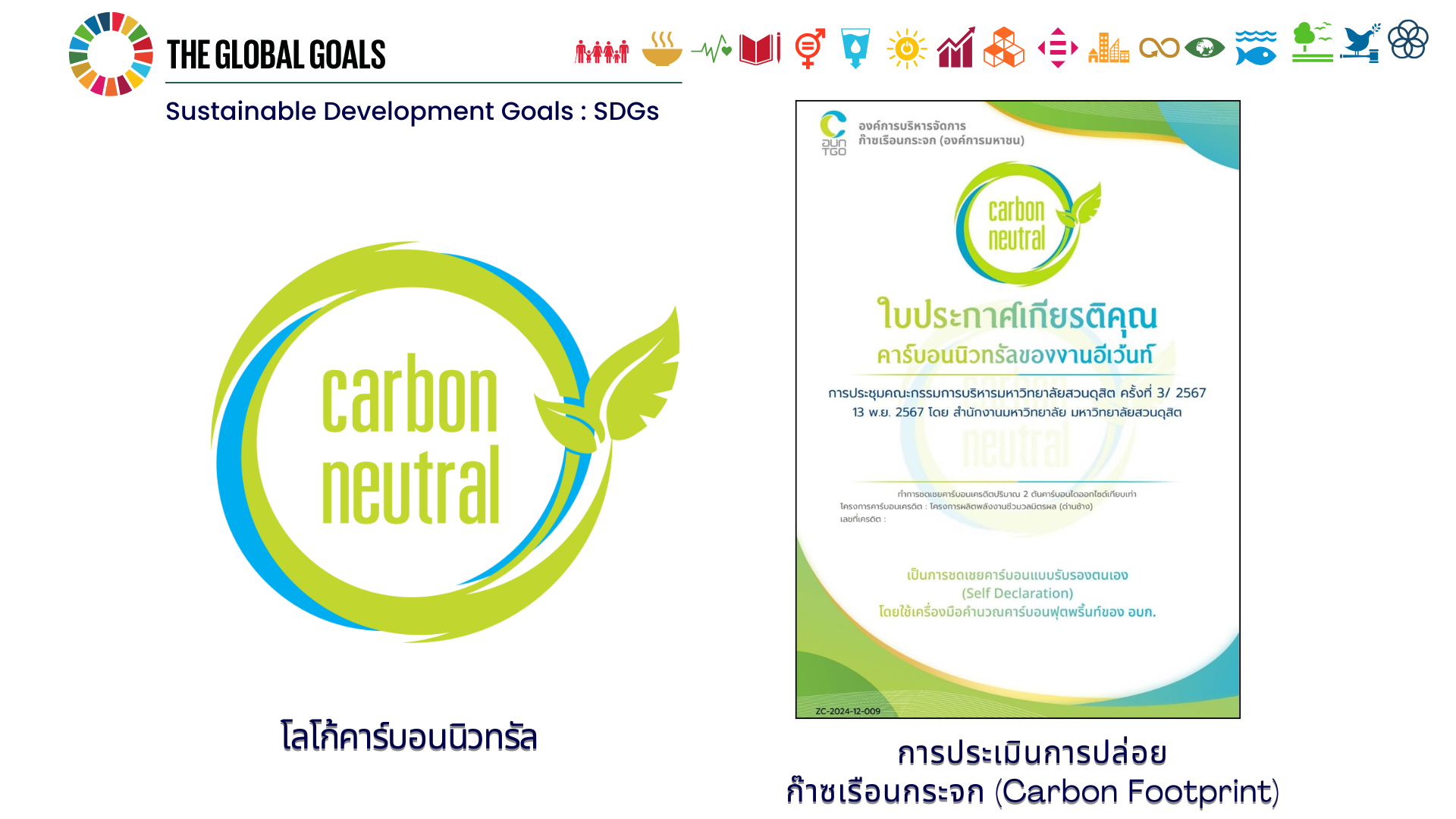

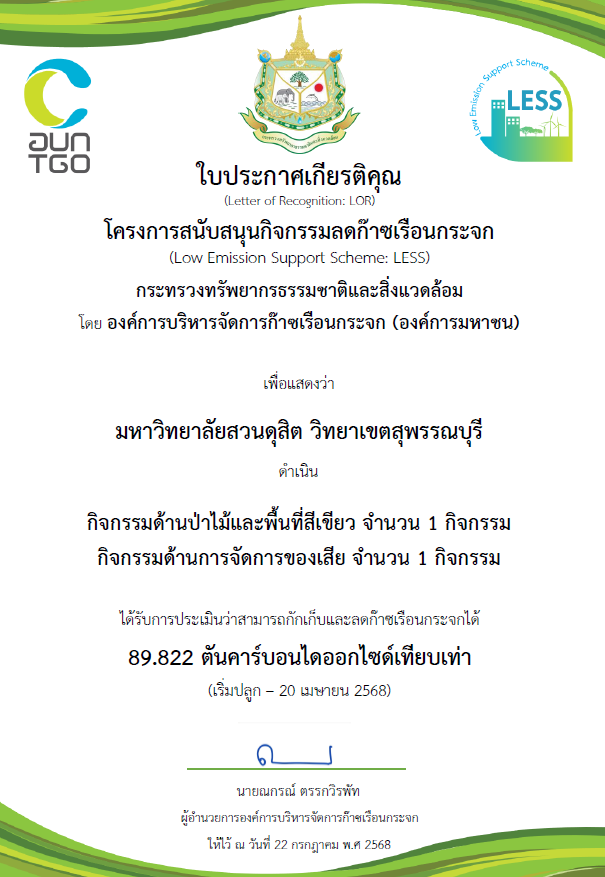
Suan Dusit University fosters inclusive participation from within the institution to the broader community (Outreach), with the goal of generating positive impacts beyond the university. Recognizing that engagement is the cornerstone of sustainability, the university has organized seminars and hands-on workshops to share knowledge on greenhouse gas mitigation mechanisms and resource efficiency. These initiatives engaged over 120 participants, including students and staff, in learning and capacity building activities designed to enhance awareness, develop practical skills, and strengthen collaborative networks. The program also extends this internal cooperation to the university’s regional campuses and learning centers, reinforcing Suan Dusit University’s commitment to expanding sustainability engagement from the inside out creating lasting and measurable environmental and social impact.
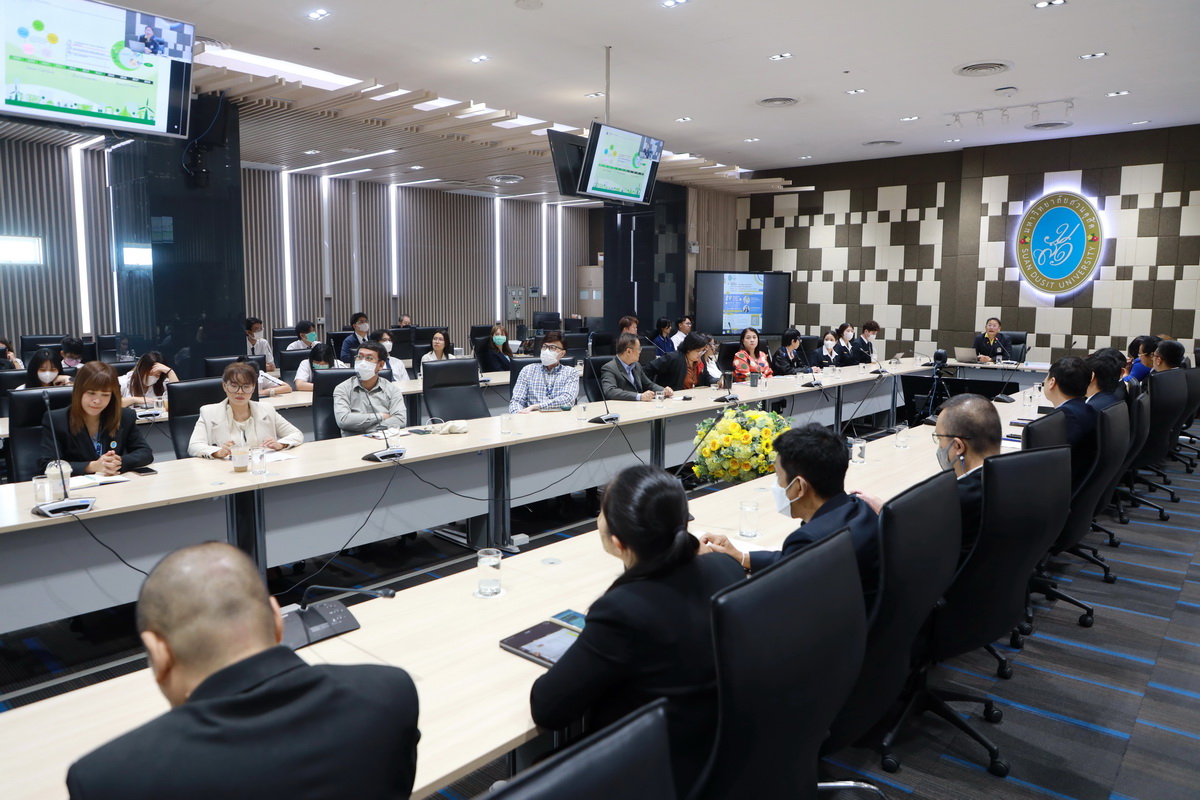
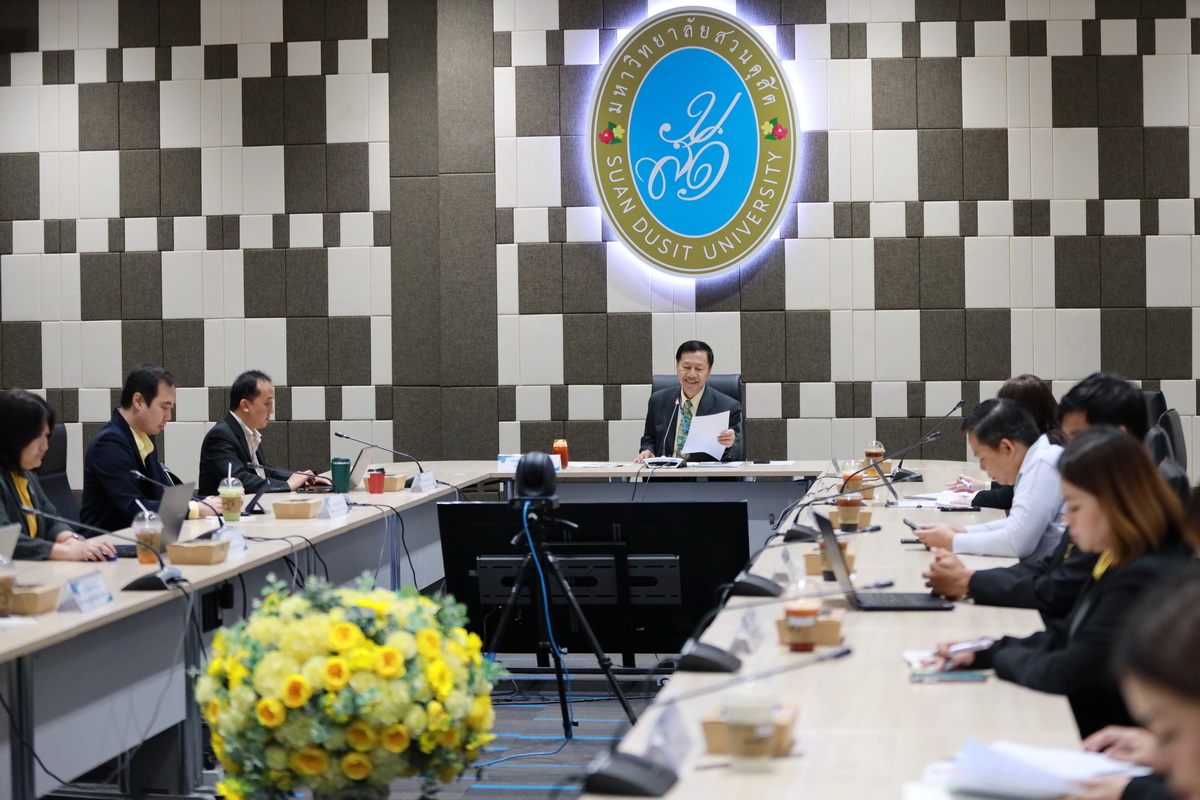

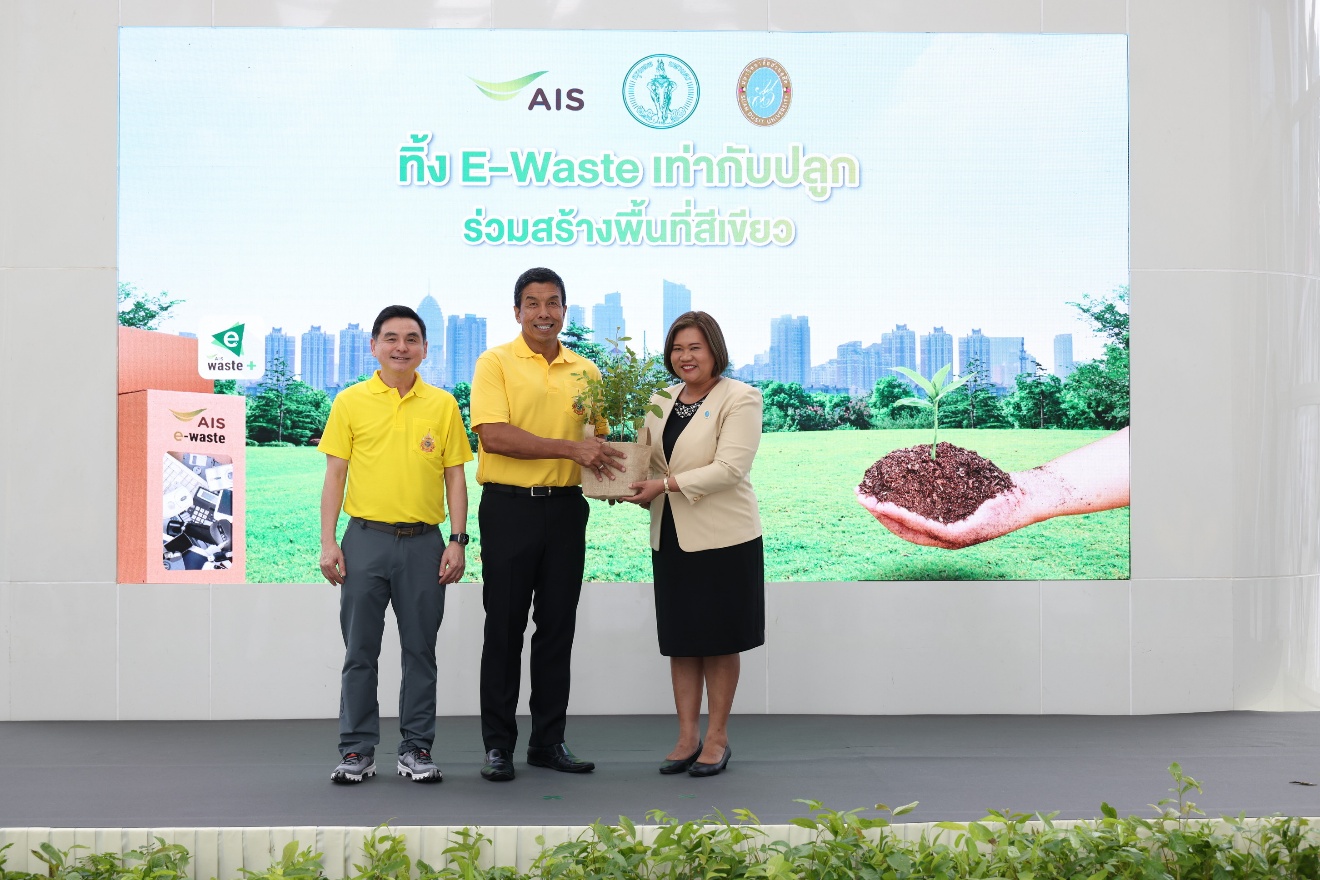
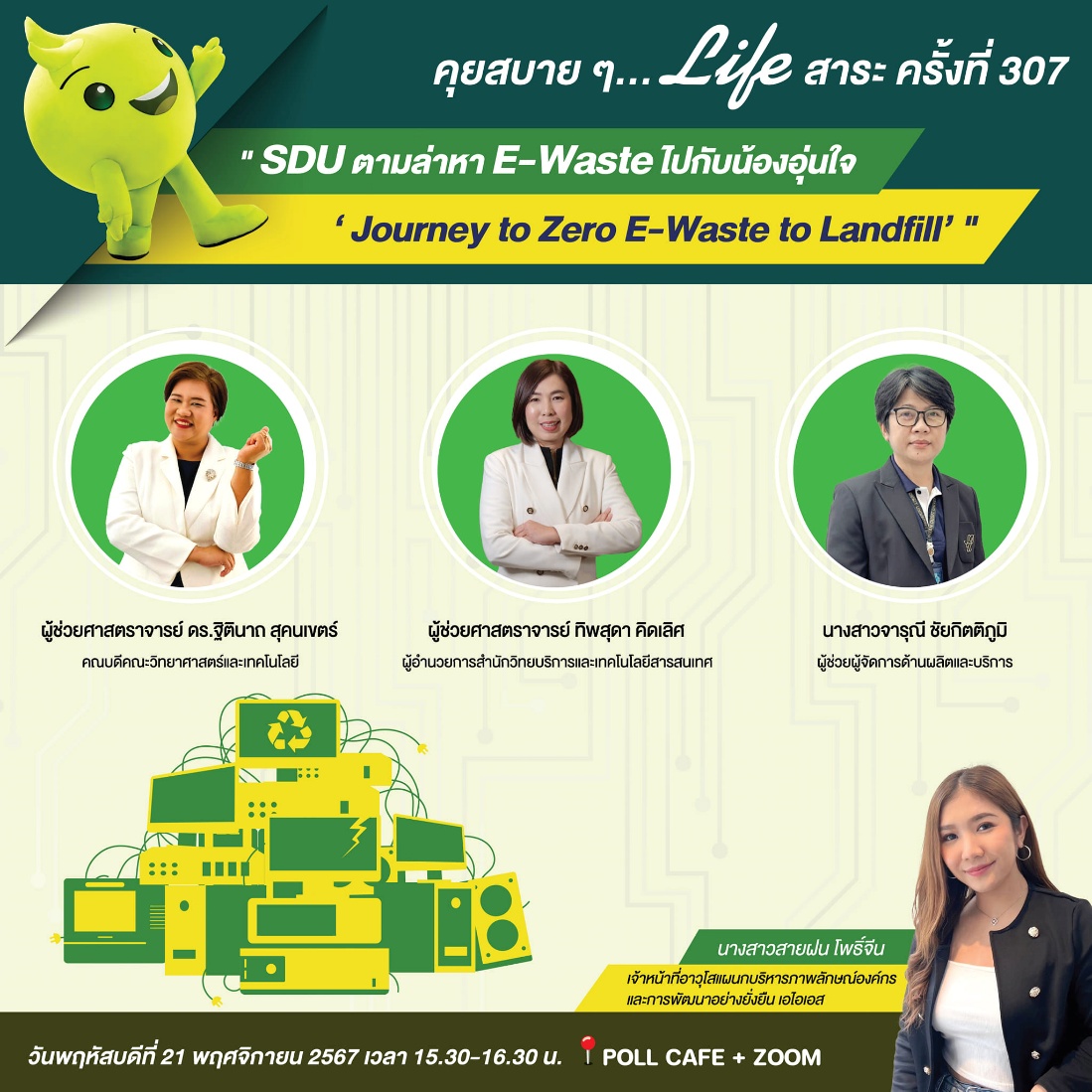
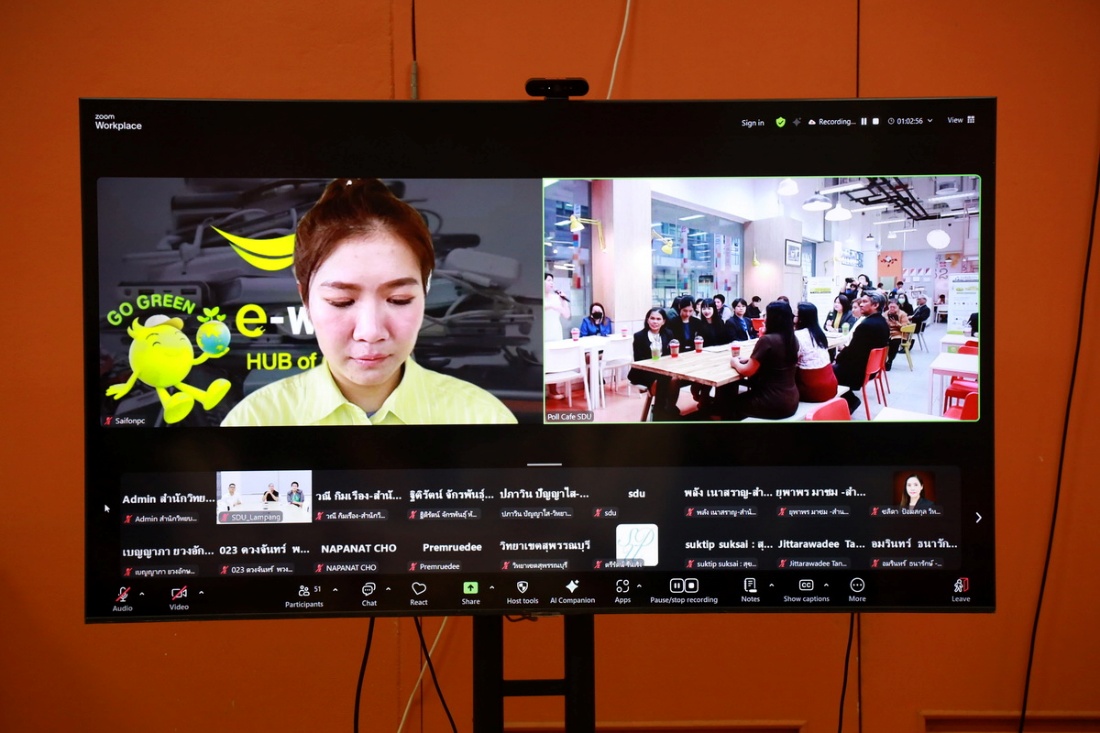
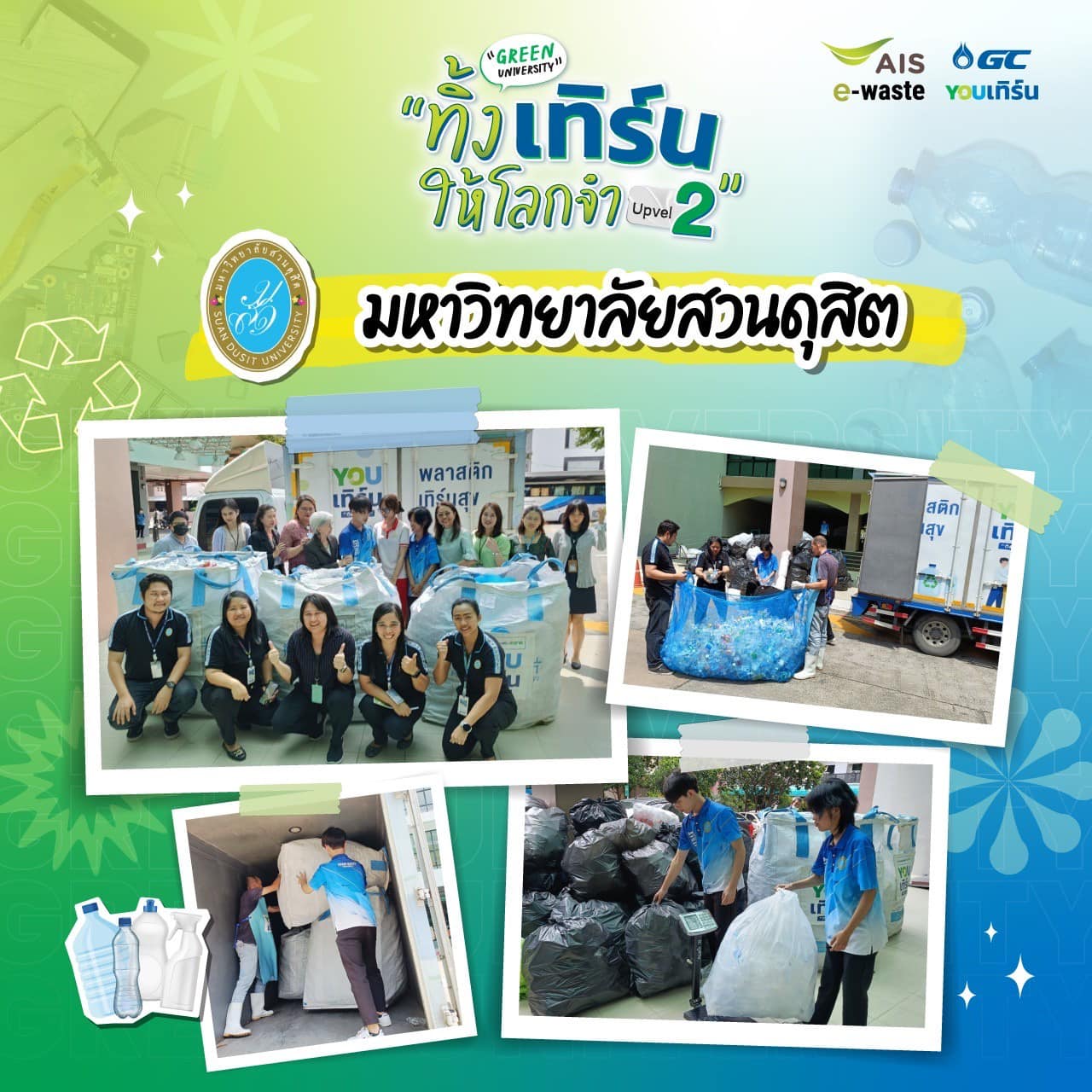
The “Greenhouse Gas Mitigation Mechanism Development Project within Suan Dusit University (Fiscal Year 2024)” represents far more than an effort to merely reduce greenhouse gas emission figures it embodies the creation of an environmentally conscious organizational culture. This initiative reinforces Suan Dusit University’s readiness to advance toward becoming an environmentally friendly institution and a model low-carbon society in the near future. It reflects the university’s deep commitment to embedding sustainability into its identity, operations, and community impact ensuring that environmental responsibility becomes a defining part of its institutional culture.
ที่มา https://www.dusit.ac.th/home/2024/1229120.html
https://www.dusit.ac.th/home/2024/1315522.html
https://www.dusit.ac.th/home/2024/1299245.html
https://www.dusit.ac.th/home/2024/1376667.html
https://www.dusit.ac.th/home/2024/1338766.html
https://www.dusit.ac.th/home/2024/1337332.html
https://www.dusit.ac.th/home/2024/1303070.html
